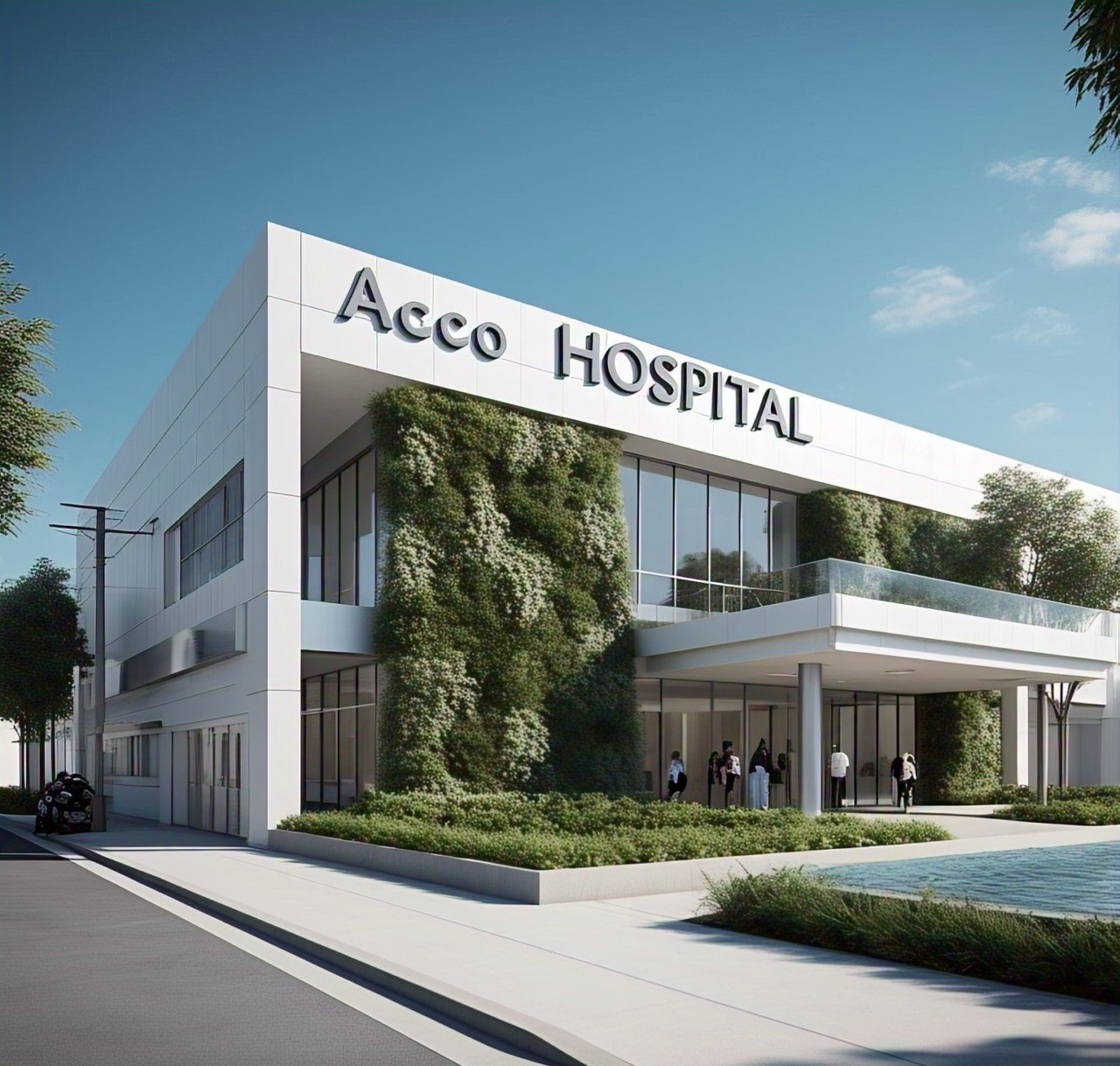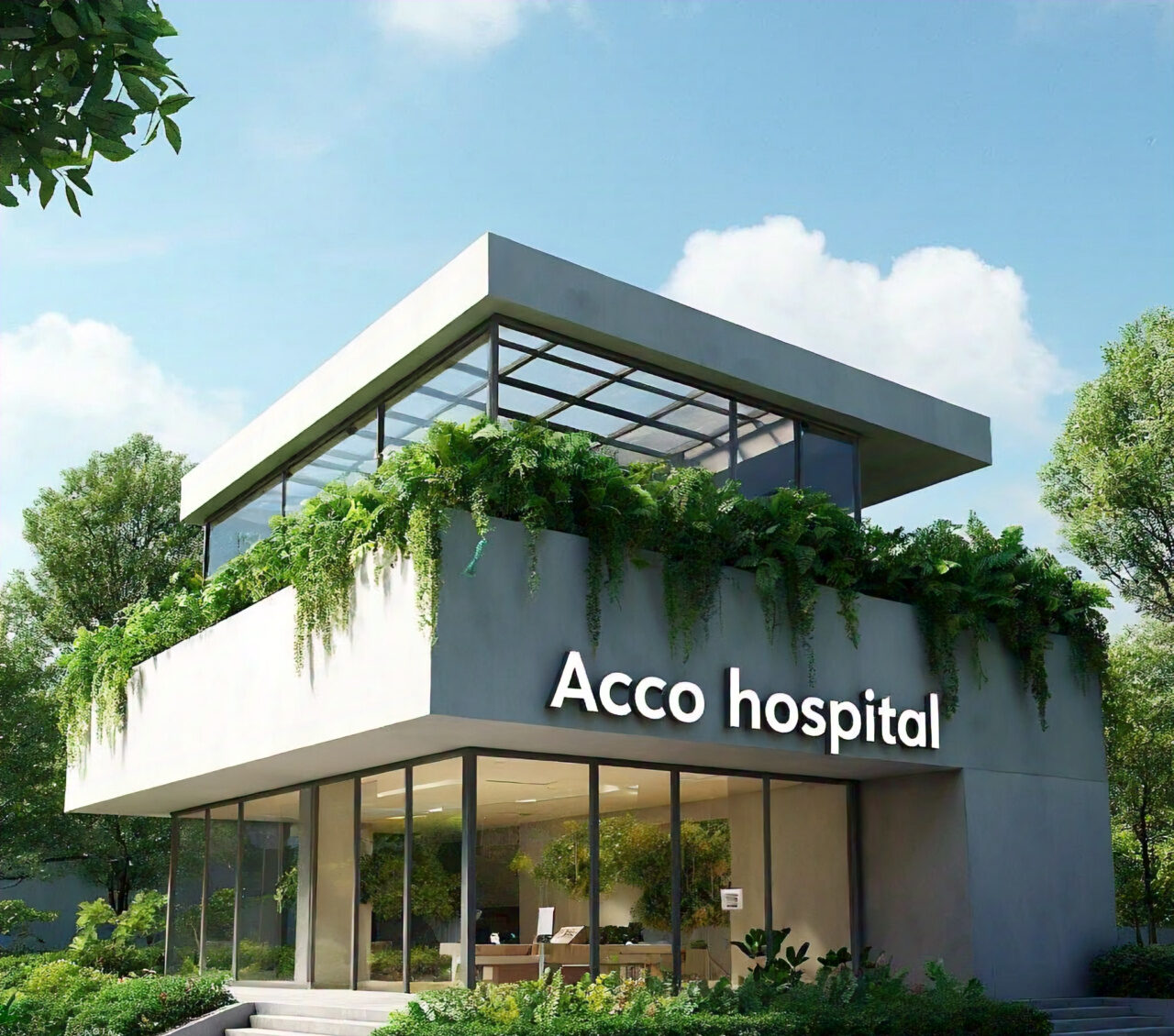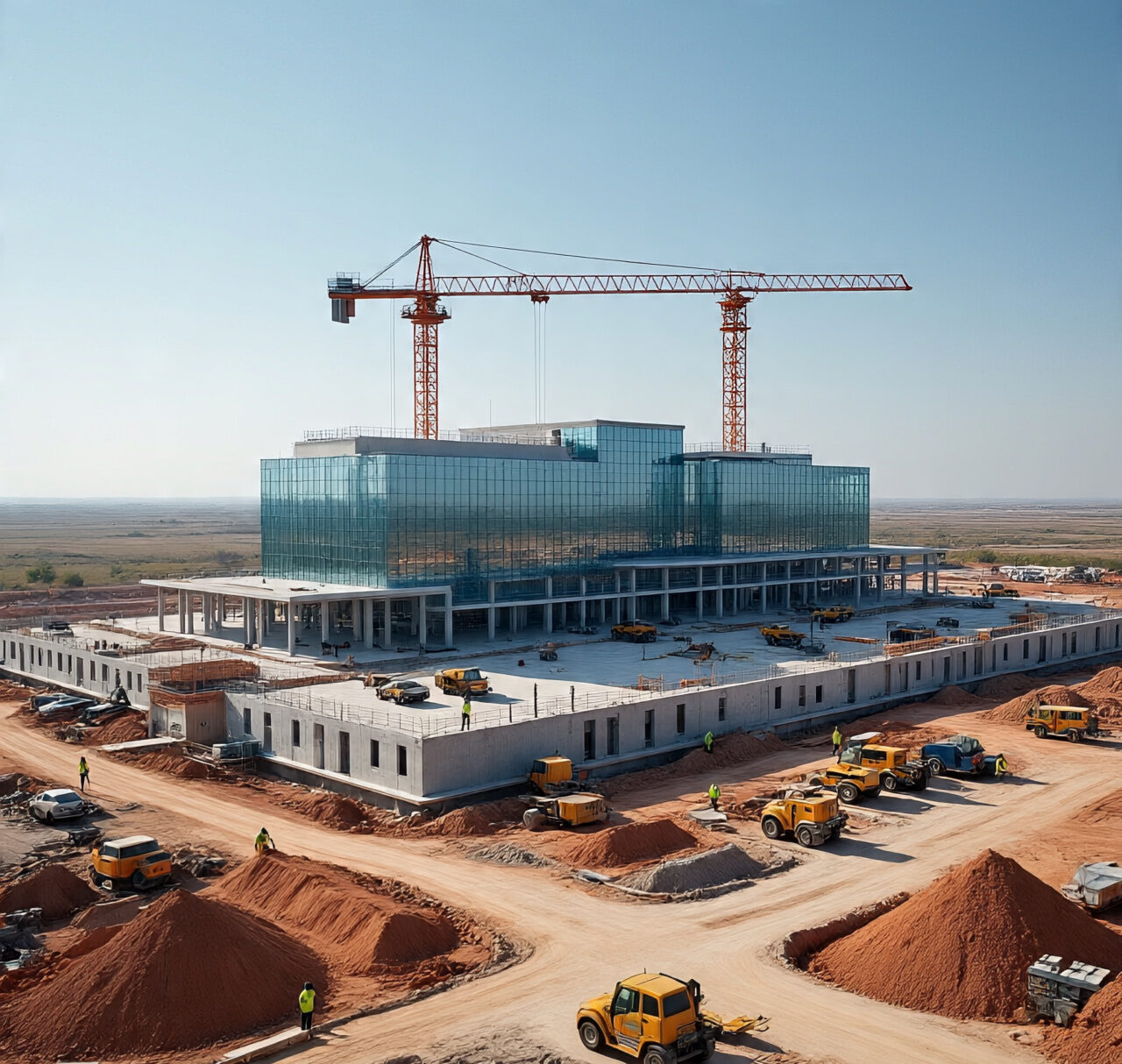
Modular Hospital Design: The Future of Scalable Healthcare in Pakistan
Introduction to ACCO Construction
At ACCO Construction, we pride ourselves on being a leader in hospital design and healthcare infrastructure development across Lahore and major cities in Pakistan. With over 20 years of experience, we have delivered smart, functional, and future-ready hospital projects for both the public and private sectors. Our team of architects, engineers, and healthcare planners specializes in modular hospital design, ensuring scalable solutions tailored for modern healthcare needs.
We bring together global innovation and local context to build healthcare spaces that are not just beautiful—but highly functional, efficient, and compliant with medical regulations in Pakistan.
🧩 What Is Modular Hospital Design?
Modular hospital design refers to a construction approach where healthcare buildings are made from prefabricated modules—manufactured off-site and assembled on location. These modules can serve as entire hospital rooms, ICU wards, diagnostic labs, or even surgical units.
This technique enables rapid deployment, cost control, and scalability, making it ideal for rural healthcare expansion, pandemic response, and temporary or permanent hospital setups.
🇵🇰 Why It Matters for Pakistan’s Healthcare Sector
In Pakistan, public hospitals are overcrowded, underfunded, and often delayed in construction. Modular hospital construction can:
Provide quick solutions in underserved rural areas
Be deployed during disaster relief or pandemics (like COVID-19)
Support Public-Private Partnership (PPP) models
Cut costs without sacrificing quality or compliance
👉 Modular design aligns with PMDC and HEC healthcare facility guidelines, making it a viable option for expanding healthcare access in urban and remote areas.
🔍 Components of Modular Hospital Design
🧱 1. Structural Design & Layout
Prefabricated steel or concrete modules
Reusable and reconfigurable layouts
Seismic-resistant foundations
🏥 2. Modular Units Available
General Ward Modules
Intensive Care Units (ICU)
Surgical Operating Theaters
Diagnostic Rooms (MRI, CT Scan)
Pharmacy and Reception Areas
🌐 3. Smart Systems Integration
Centralized HVAC, Fire Safety & Ventilation
Integrated Nurse Call and Patient Monitoring Systems
IoT-based Building Management Systems (BMS)
🔋 4. MEP (Mechanical, Electrical, Plumbing)
Plug-and-play services
Efficient energy management
Solar-ready options available
🌍 5. Environmental & Sustainable Design
Use of green materials
Energy-efficient lighting
Water recycling & rainwater harvesting
📊 Modular vs Traditional Hospital Construction
| Feature | Modular Construction | Traditional Construction |
|---|---|---|
| Construction Time | 40-60% Faster | Slower due to on-site work |
| Cost Efficiency | Up to 30% savings | Higher costs due to delays |
| Quality Control | Factory-controlled quality | Variable quality |
| Flexibility & Expansion | Easy to expand/modify | Requires structural changes |
| Environmental Impact | Lower | Higher |
✅ Pros of Modular Hospital Design
🚀 Speed & Efficiency
Rapid deployment in less than 6 months
Simultaneous on-site and off-site work
💰 Cost-Effective
Lower labor and material waste
Predictable budgets and timelines
🛠️ Scalability
Expand hospital as demand grows
Relocate units if needed
🔄 Quality Control
Consistent finishes from controlled environments
Easy inspection and testing of MEP services
🌱 Eco-Friendly
Sustainable materials
Reduced carbon footprint
⚠️ Cons of Modular Hospital Design
⛔ Initial Investment
Higher upfront cost for factory setup
May not suit extremely customized layouts
🔧 Transportation Constraints
Size limits on modules for road delivery
Requires logistics planning for remote areas
📏 Design Limitations
Less flexibility in architectural freedom
Site access challenges during installation
❓ Frequently Asked Questions (FAQs)
1. What is the lifespan of a modular hospital?
Modular hospitals can last 30+ years with proper maintenance—similar to conventional buildings.
2. Is modular construction safe for surgical and ICU units?
Yes, modular hospitals follow international medical building codes, and offer sterile, sealed environments ideal for sensitive units.
3. Can modular hospitals be expanded later?
Absolutely. Modules can be added or removed based on future healthcare demands.
4. How much does a modular hospital cost in Pakistan?
Cost varies based on size, but typically ranges from PKR 20,000 to PKR 30,000 per sq. ft, depending on MEP and finishes.
5. How long does it take to build a modular hospital?
Projects can be completed in as little as 4 to 6 months, much faster than traditional methods.
🧭 Conclusion: Why Choose Modular Hospital Design?
Modular hospital design is not just a trend—it’s a necessary evolution for scalable, efficient, and accessible healthcare infrastructure in Pakistan. As the nation tackles urban crowding, pandemics, and rural health disparity, modular hospitals offer a smart, future-proof solution.
✅ Whether you’re planning a small rural clinic, a temporary emergency unit, or a permanent hospital extension, modular design gives you the speed, cost control, and flexibility you need.
🔗 Internal Links (Explore More)
🌐 External References
📞 Contact ACCO Today for a Free Consultation!
Looking to build a modular hospital in Pakistan? Trust ACCO Construction, your partner in healthcare infrastructure.
📱 Call/WhatsApp: +92 322 8000190
🌐 Website: www.acco.com.pk
📧 Email: info@acco.com.pk




